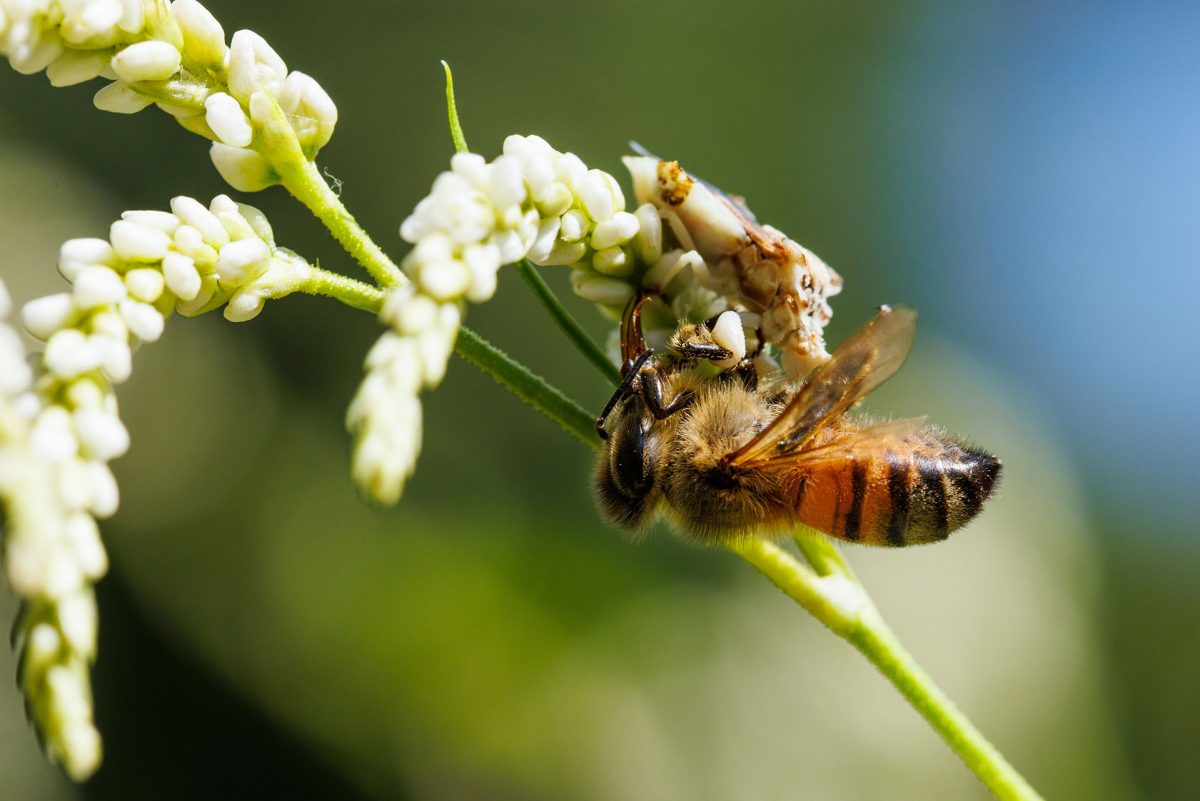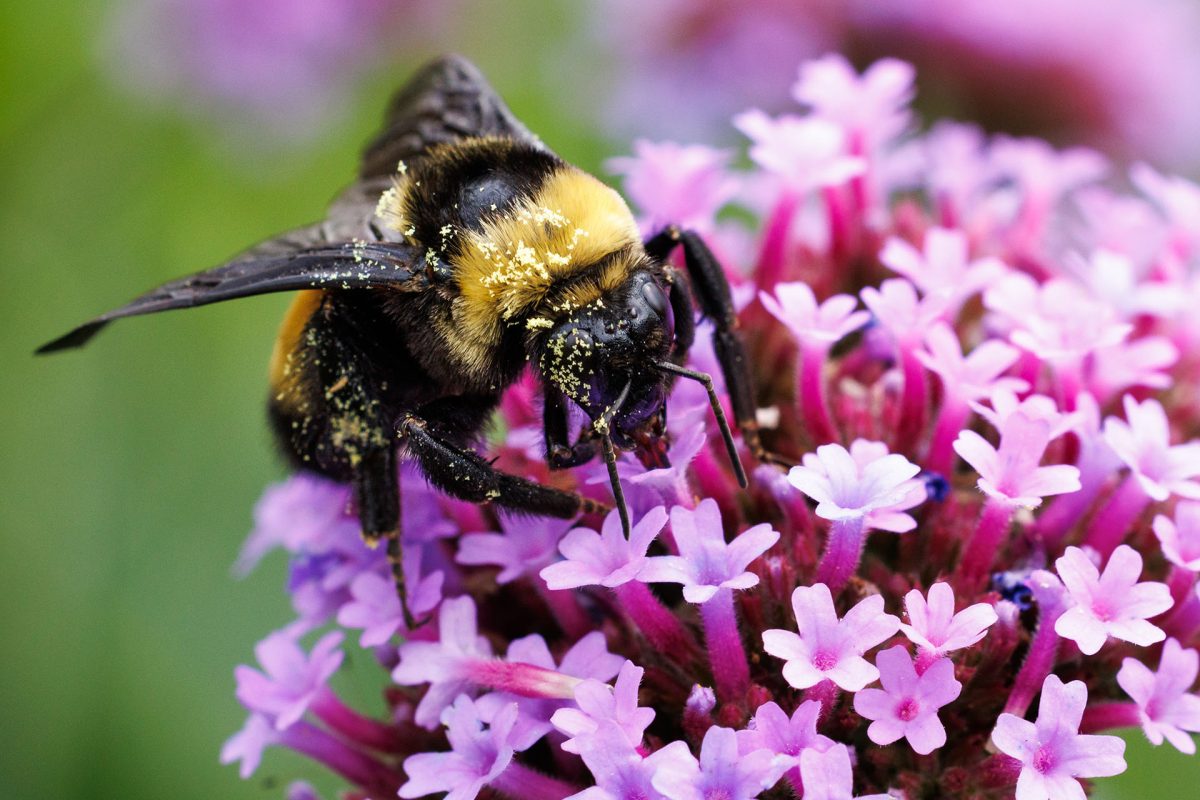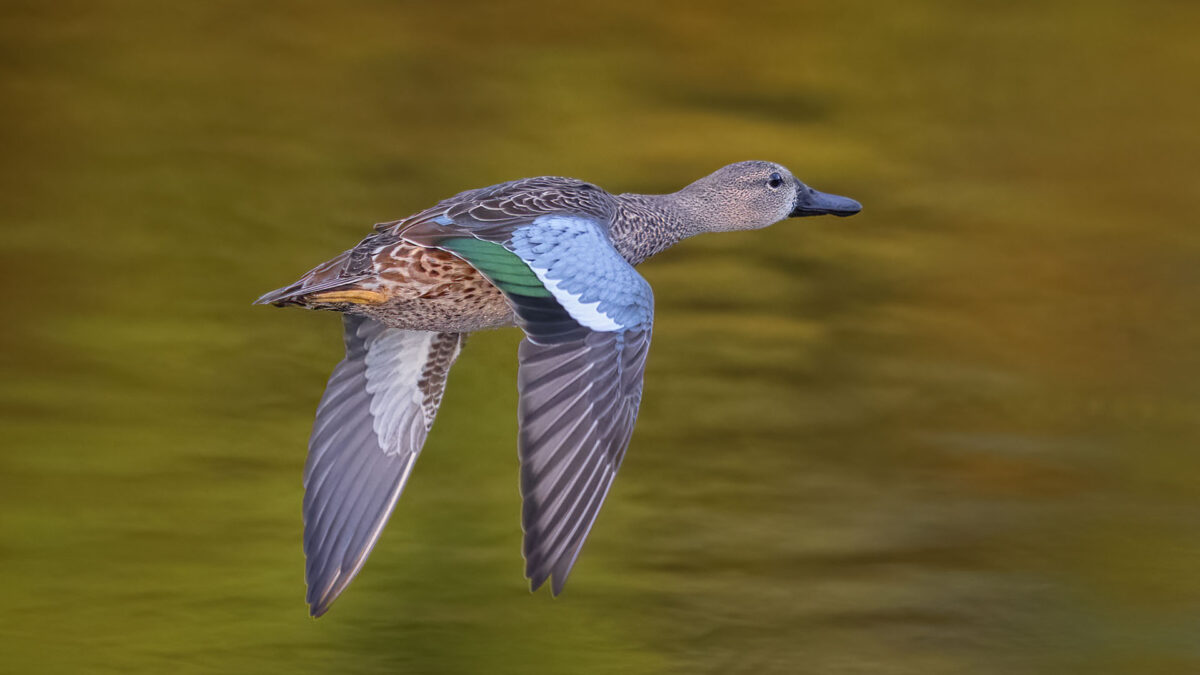To long-time gardeners, understanding how pollinators help their plants is nothing new, but those with newly green thumbs might not realize the value of working in concert with honey bees, butterflies, beetles and even bats and birds.
Pollinators transfer pollen from the male parts of flowers (anthers) to the female parts (stigma). This process is essential for fertilization, leading to the development of fruits and seeds.
The work of pollinators is particularly important to the bounty of our farms. Their behavior underpins a huge percentage of our food supply. Pollinators help to fertilize more than 1,200 food crops, which means approximately one of every three bites we eat is a direct result of their effort.
Many of the foods that make their way to our dining or picnic tables rely on pollinators to produce fruit, including tomatoes, peppers, cucumbers, squash and beans. Without animal pollinators, gardeners would have to rely on less-efficient methods like hand pollination, which is time-consuming and less-effective.
If you want bigger yields from your garden, then you want to be friends with pollinators. Effective pollination increases the quantity and quality of vegetables produced. Plants that receive adequate pollination tend to produce more fruits, and these fruits are often larger, more uniform and better shaped.
Pollinators also contribute to the overall health and biodiversity of your garden ecosystem. Healthy pollinator populations ensure a stable environment, promoting the growth of a variety of plants and supporting other wildlife.


Honey bees (left) and Bumble Bees are each important pollinators.
Honeybees play one of the best-known roles in pollination, but they’re actually non-native pollinators imported from Europe. Here in North America, they are just one of more than 4,000 native bee species, including Fernald’s Cuckoo Bumble Bee, Pure Golden Green Sweat Bee and the Southeastern Blueberry Bee, a major pollinator of … well, that should be pretty obvious.
If you’re interested in putting this “pollinator power” to work in your home garden, there are a few steps you can take, according to Aquarium Senior Horticulturist Charlene Nash.
The relationship between pollinators and plants is symbiotic, meaning each organism benefits from the partnership. To attract more pollinators to your garden, you can coax them in with non-vegetable plants like flowers using complementary planting.
Flowers of the zinnia and alyssum genera are great options, and a ground cover of alyssum below your crops is sure to draw in pollinators that might otherwise frequent more densely planted areas. You can also try planting Basil near your tomatoes, which is sure to attract pollinators once it blooms (not to mention making it even more convenient to prepare a homegrown caprese salad).
Complementary planting doesn’t just attract pollinators; it also provides an important source of shelter from predators. Planting heavily in your garden also keeps weeds at bay without the use of chemical herbicides, and many pollinators serve as predators for common pest insects that like to eat your vegetables.
Speaking of pests, it’s important to look after your soil if you want to keep them out of your garden (and your pollinators healthy). Bees need nectar for energy, but pollen is an important source of macronutrients such as carbohydrates and minerals. Poor soil quality can have insufficient mineral content, which means there are fewer nutrients in the plants for your pollinator-partners.
Unhealthy plants are also susceptible to pests and disease. Sick plants release pheromones that signal unhelpful organisms to attack, but healthy plants can actually repel these insectoid assailants.
To promote garden growth, add organic matter to your soil, rotate your crops and plant cover crops during the off-season. You can also encourage beneficial organisms like earthworms and mycorrhizal fungi through the addition of compost and composted manure and minimizing tilling. This will help keep nutrient levels high and limit soil disturbance, benefiting your pollinators and making your vegetables more nutritious.
If you’re looking to grow vegetables that will work in harmony with pollinators in East Tennessee and North Georgia, consider planting tomatoes, blackberries, raspberries or cucurbits such as Calypso Cucumbers, Zucchini and Summer Squash.

